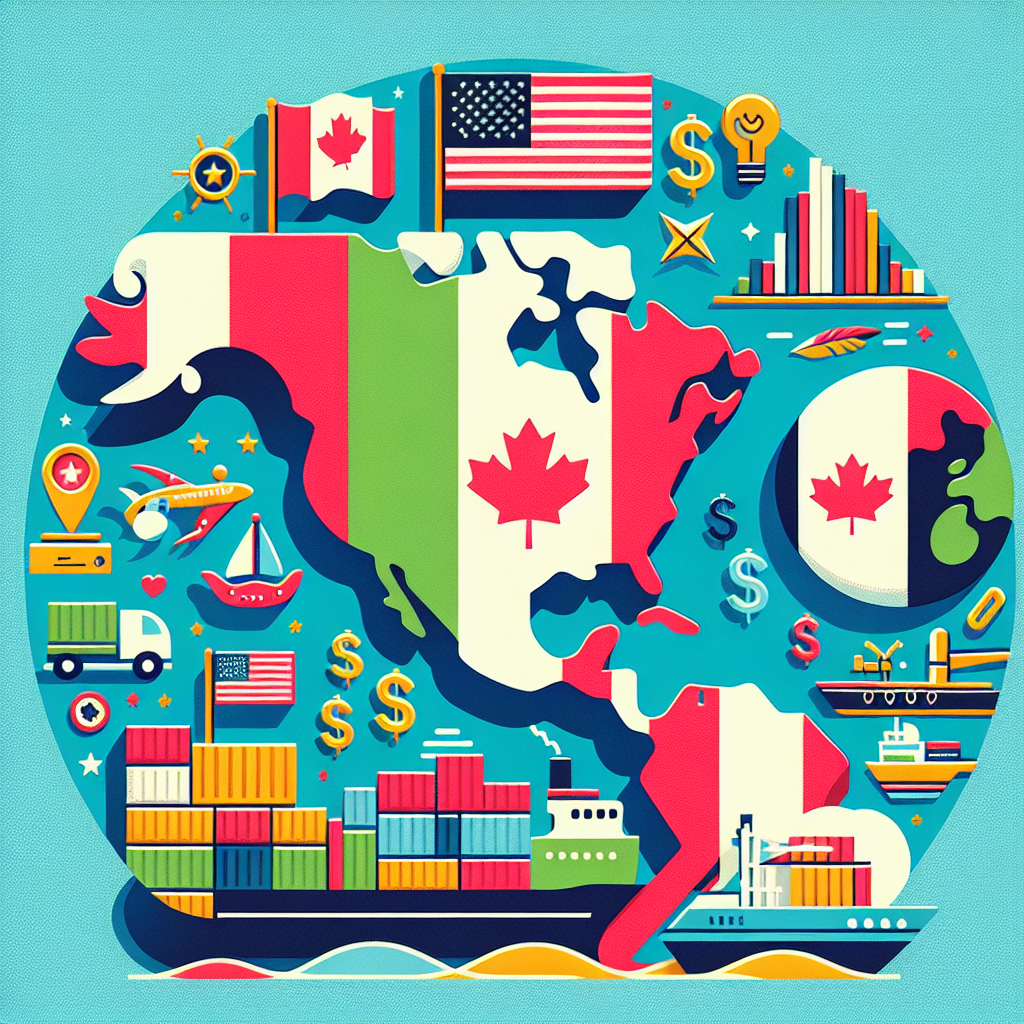Under the Hood: USMCA Auto Tariff Tensions Unveiled
The 2018 USMCA grants Canada and Mexico safeguards against US tariffs on automotive imports. Despite these agreements, President Trump's administration imposes 25% tariffs, ignoring past commitments. Mexico and Canada contemplate retaliatory moves while awaiting resolution from U.S. officials regarding the enforcement of these protective measures.

The 2018 U.S.-Mexico-Canada Agreement (USMCA) tried to shield Canada and Mexico from American auto tariffs. Yet, the Trump administration has levied a 25% tariff on global automotive imports, disregarding previous commitments. While the agreement offered a delay and duty-free quotas, these promises were ignored.
The agreements included duty-free quotas for Mexico and Canada even on non-compliant auto products. However, the 25% tariffs came into effect, with no mention of these concessions, putting immediate pressure on Mexican and Canadian automotive exports.
In response, Canada expressed readiness to impose retaliatory tariffs if U.S. actions breach USMCA or WTO obligations. Mexico is evaluating legal strategies, emphasizing consumer and producer welfare. Both countries await clarification from U.S. officials on the enforcement of these agreed-upon protections.
(With inputs from agencies.)
ALSO READ
Trump Administration Scrutinizes Harvard's Federal Funds Amid Antisemitism Concerns
Trump Administration's $9 Billion Scrutiny: Harvard Under the Microscope
9th Circuit Upholds Transgender Military Service Amidst Trump Administration's Appeal
Trump Administration Initiates Major Health Agency Staff Reductions
Controversial Deportations: The Trump Administration's Battle Against Venezuelan and MS-13 Gang Members










